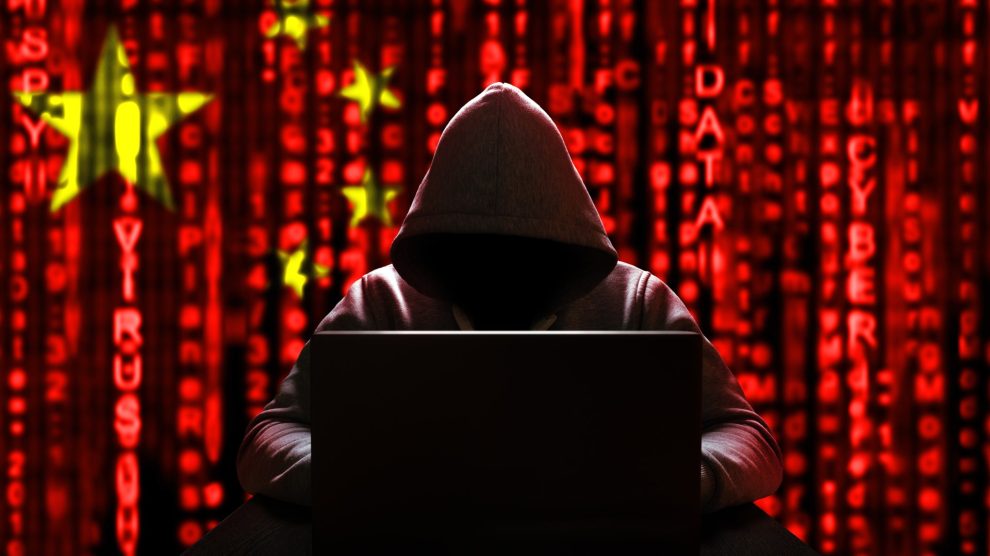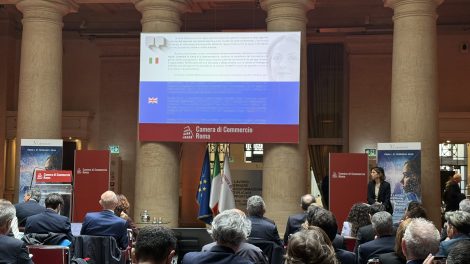Chinese hacking campaign hit EU, Italy too. The indictment unsealed on Monday by the United States Justice Department – sanctioning the Chinese entity behind a cyber attack brought forth by the known hacking group ATP31 two years ago – came as a surprise to Europe, as it revealed that all MEPs who are members of the Inter-Parliamentary Alliance on China (IPAC) had also been targeted.
- Among the over 300 members of IPAC, hailing from 35 different countries and demanding a tougher stance on China to counter its growing assertiveness, are several Italian elected representatives.
A step back. Seven cybercriminals have been accused of aiding the Chinese Ministry of State Security’s efforts in transnational repression, economic espionage and foreign intelligence. Over 10,000 infected emails have affected thousands of victims across several continents, said US Deputy Attorney General Lisa Monaco, noting that the “prolific global hacking operation, backed by [the Chinese government,] targeted journalists, political officials and companies to repress critics of the Chinese regime, compromise government institutions and steal trade secrets.”
- “This was not an attack on any individual. It was not an attack on a political party, the policy of any one government, or even continent. It was directed at politicians who represent the ideological and geographical breadth of the globe, united by one thing only: their willingness to confront the profound challenges posed by the Chinese Communist Party,” wrote IPAC in a statement.
Words from Rome. Among the hacking campaign’s targets were Enrico Borghi, senator of Italia Viva and member of Parliament’s Intelligence Committee (COPASIR), as well as his party fellow Roberto Giachetti from the Lower Chamber. If the US allegations were confirmed, the fact that they had been the targets of such hostile activities would be “extremely detrimental to the prerogatives and freedom of Italian MPs,” the two said in a note.
- They also announced that they would turn to Undersecretary Alfredo Mantovano, the Delegated Authority for the Security of the Republic, for “clarifications on the matter, also in light of the authoritativeness of the source,” and tabled two parliamentary questions.
It’s not to be underestimated. Some are downplaying the gravity of the cyberattack, noting its limited potential to damage its targets (the intrusion was only designed to detect IP addresses and their location. Senator Giulio Terzi di Sant’Agata – IPAC affiliate, former foreign minister, member of Prime Minister Giorgia Meloni’s Brothers of Italy party and close aide to the latter – thinks otherwise.
- It’s not about privacy, he told Il Foglio, but about the wider data collection strategy of today’s hostile countries – namely the trawling that the Chinese Ministry of Security does on anyone with a profile of minimal interest to Beijing. With that data, “our antagonists can do far worse,” he argued.
- China’s hacking campaign was “unacceptable” and “requires a united and precise response,” he went on to say, expressing confidence in the executive treating the matter “with great seriousness and clear focus on what the threat is.”
- “If there is this strong concern among our allied countries, it means that we have to maintain a very high threshold of attention here too,” he concluded.





